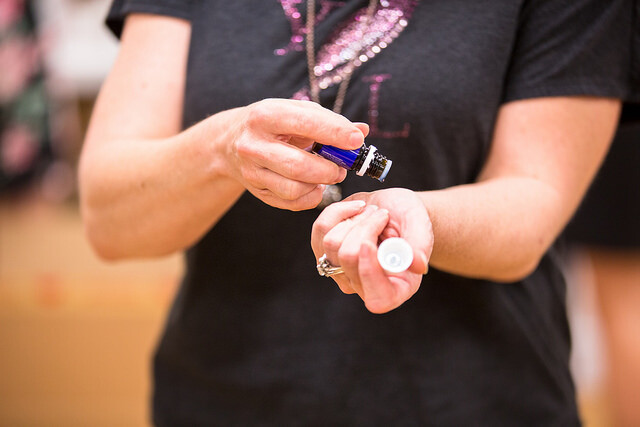
Do you ever wonder if there is any reason to be cautious about using essential oils? After all, it seems like everyone is jumping on the band wagon but many really don’t know anything about them.
The first thing to understand is that all essential oils are not created equal. There are four grades of essential oils, but in the United States there is no regulation of them. So a company can produce a Grade D (Synthetic: the lowest type) and call it pure as long as it contains only 5% pure essential oil. They don’t have to even say what the other 95% is. Yikes! That really doesn’t set well with me.
The best essential oils are Grade A (Authentic/Genuine). These come from organically grown plants and distilled at low temperatures and pressure in clean quality-controlled facility. Grade A is the only true pure oil even though all sorts of claims can be made on labels, since there is no regulation of them.
Before you purchase, check to see if the company grows their own plants, owns their own fields and controls the entire process from Seed to Seal – from the farm to the sealed bottle. Pesticides, pollution, previously farmed land – all of it can affect the quality of an oil. Young Living’s oils are Grade A.
Why would you go the extra step of using an oil to get away from a chemical and then use an oil that is laden with chemicals? It makes no sense.
One of the things that stands out to me is Young Living’s Seed to Seal process. It’s a promise of integrity. Gary Young (founder of Young Living Essential Oils) has said that he never makes an oil for profit, he makes it for a purpose. Seed to Seal means each plant is hand-weeded; there are no pesticides used, no chemicals, and no weed killers. The plants are harvested at their peak and distilled. They’re then put through a vigorous testing process. Then they go from the warehouse directly to your home. Seed to Seal is not a slogan, it’s a promise. You can learn more by checking out the Young Living Story, and fall in love with the company as I have, at www.seedtoseal.com.
So once you know the quality of the oils you are using is good, another consideration is whether a particular oil is safe to use without dilution or if you need to dilute it with a carrier oil. That is, a fatty oil like olive oil or coconut oil. Using a carrier oil will slow down the absorption into your skin and is especially important with some oils that are what we call “hot” oils. Those would include ones like cinnamon, oregano, black pepper, etc. Dilution is also important with children.
Some oils, particularly citrus oils are photosensitive and should not be applied topically if you are going to be out in direct sunlight.
Some oils are safe to ingest but be sure to read the bottle to make sure it is safe to use internally.
All these considerations are part of some basic training I offer in an Essential Oils 101 Class
Click here to pick up your free copy of my Safety Newsletter devoted to the safe use of essential oils. If you have questions or want to learn more, please contact me at Joyce@ShareScents.com
~~
These statements have not been evaluated by the FDA. Information, products and/or techniques mentioned is provided for educational purposes and not intended to diagnose, treat, cure or prevent any disease. Consult with the health professionals of your choice. The decision to use, or not to use, any of this information is the sole responsibility of the reader. The author assumes no responsibility to or liability for any loss, damage or injury resulting from the use or misuse of any information provided here.
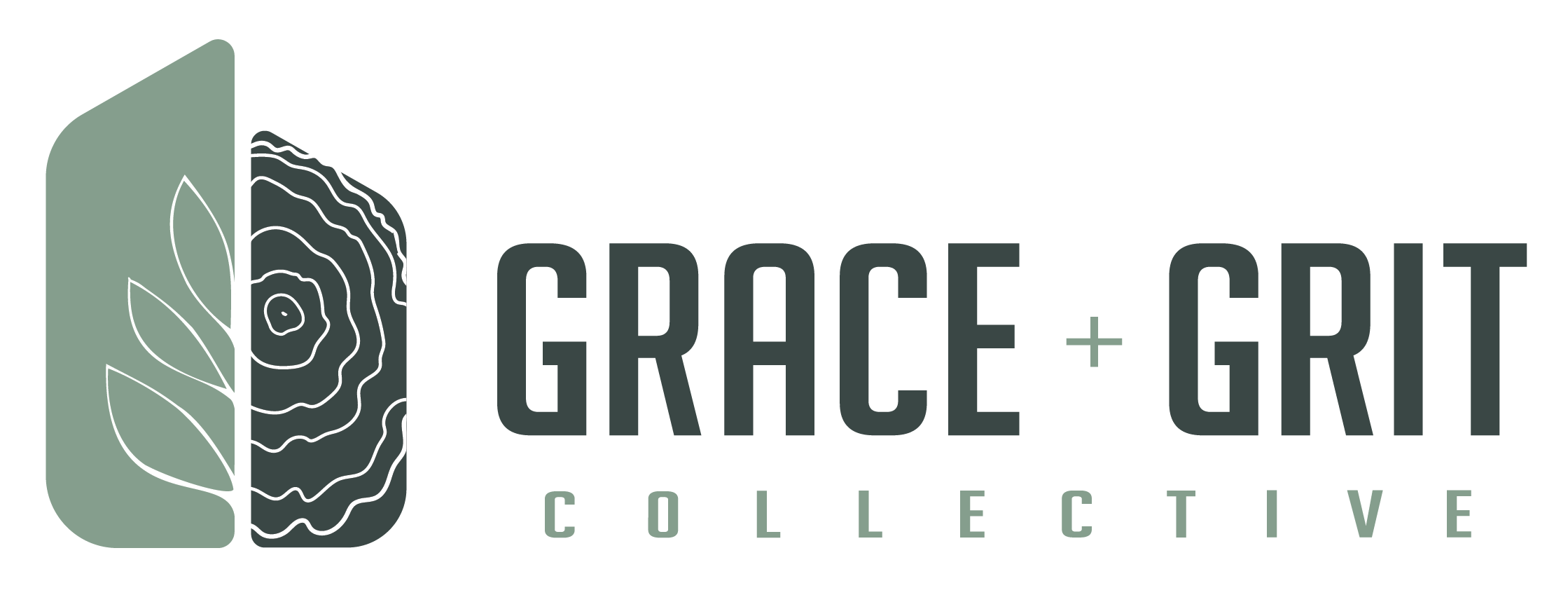

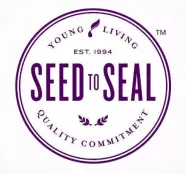
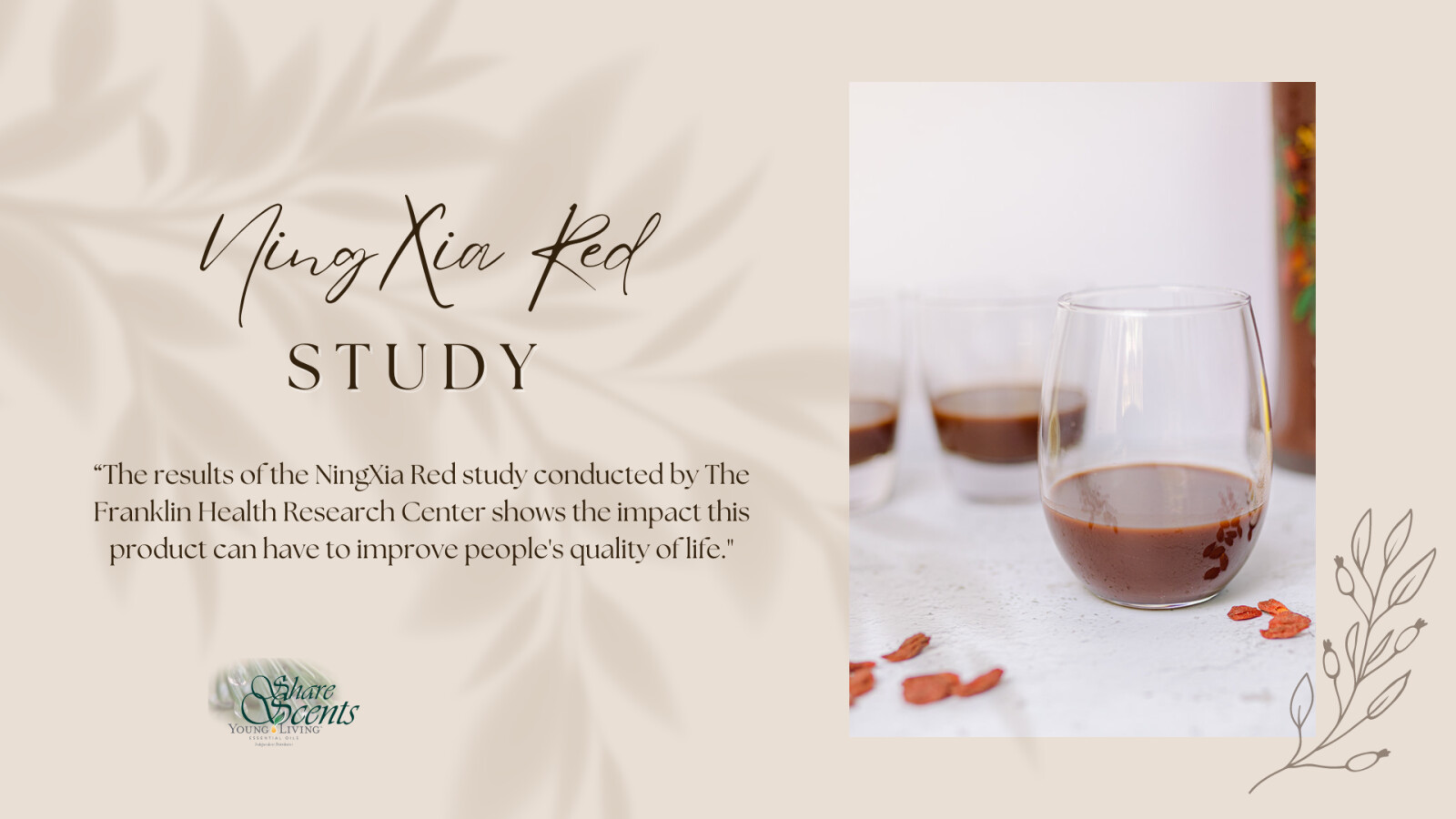
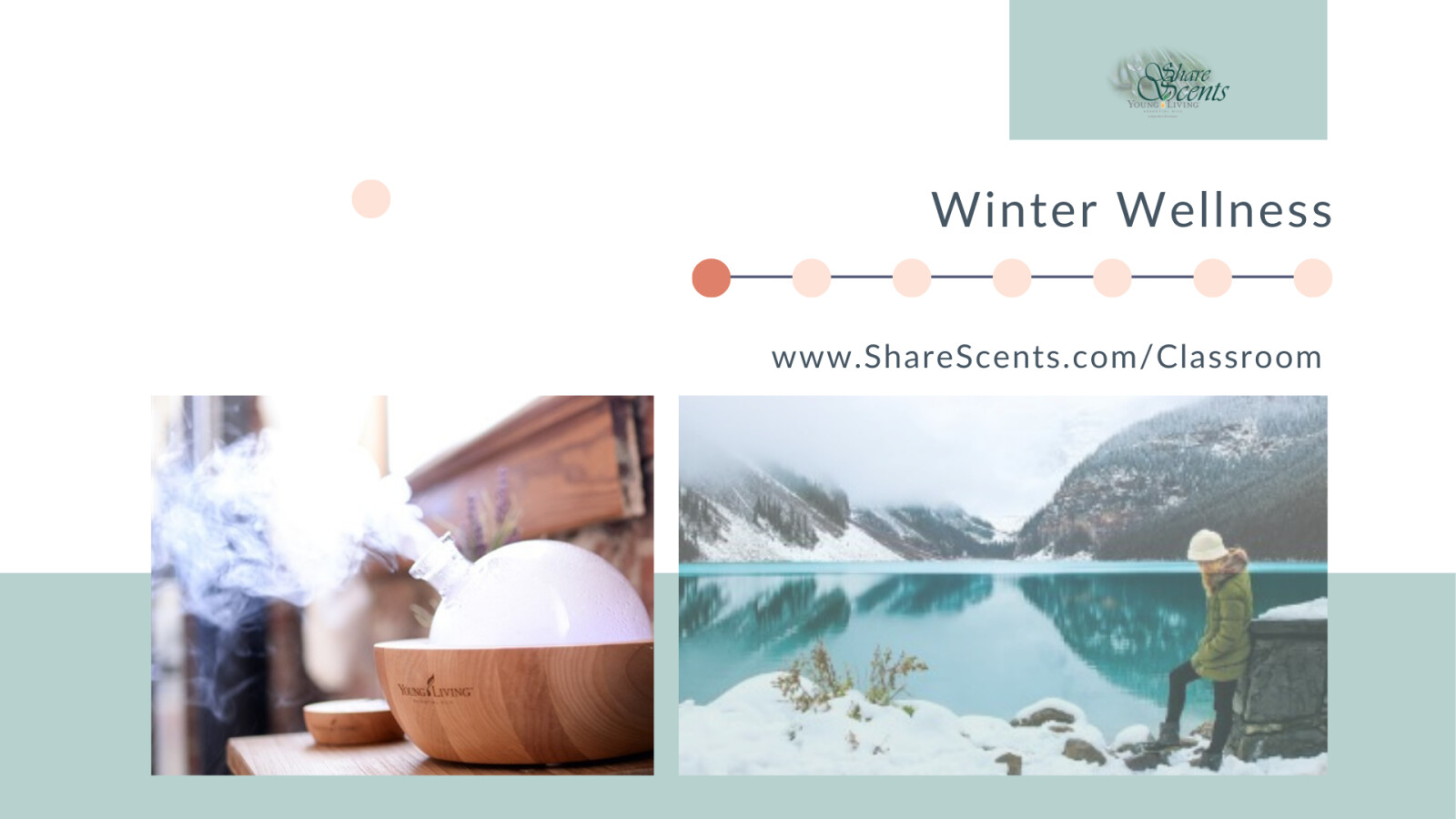
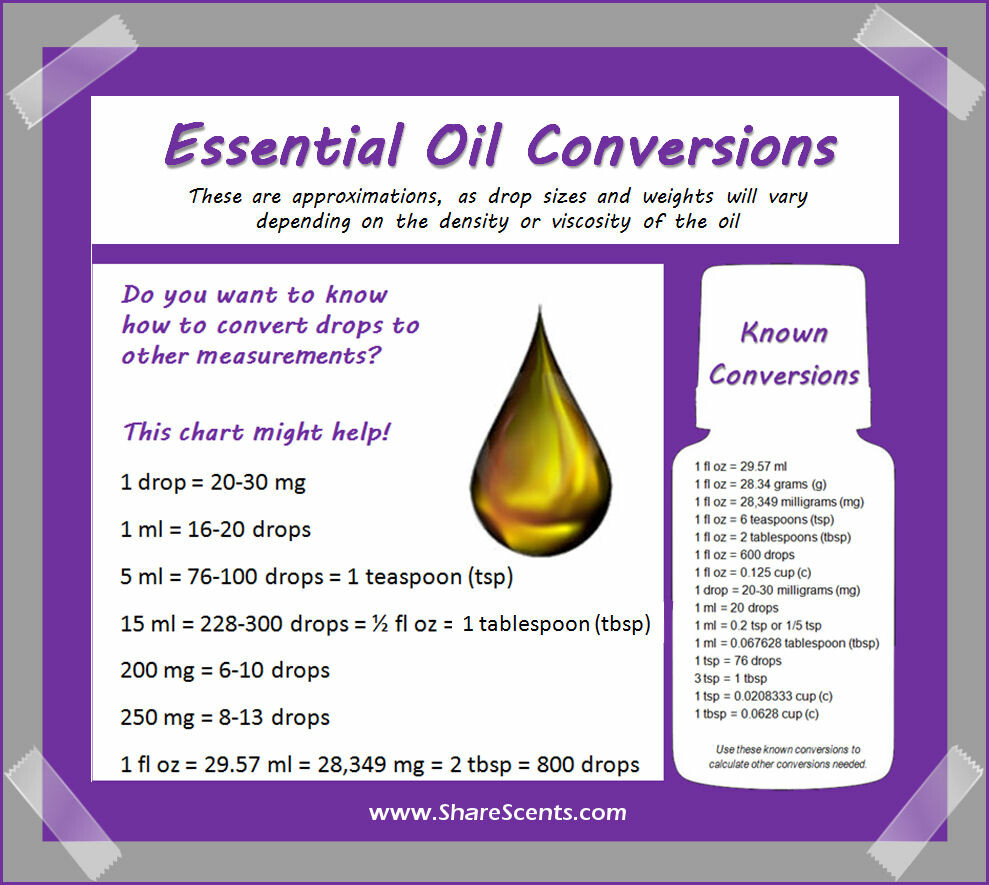
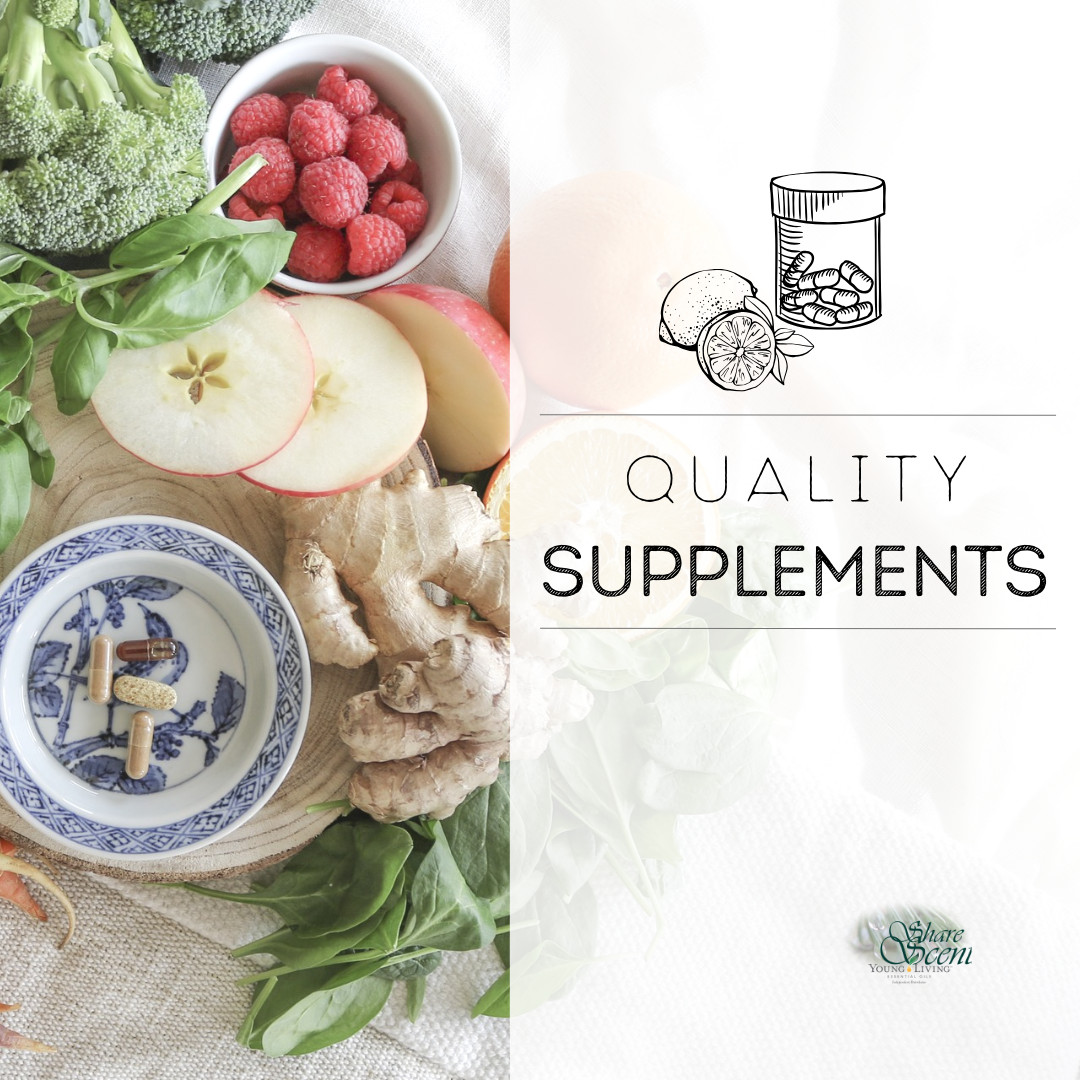
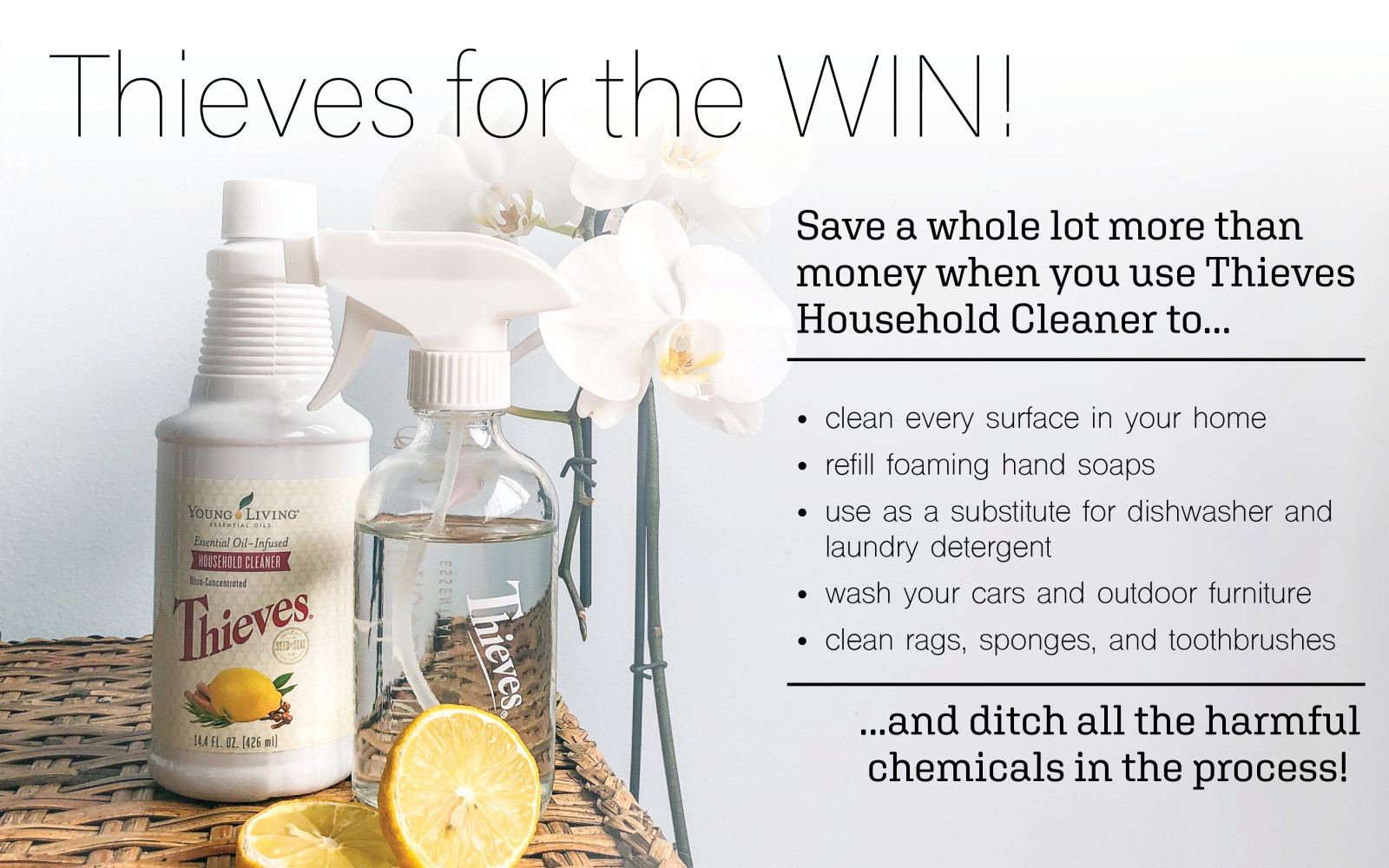
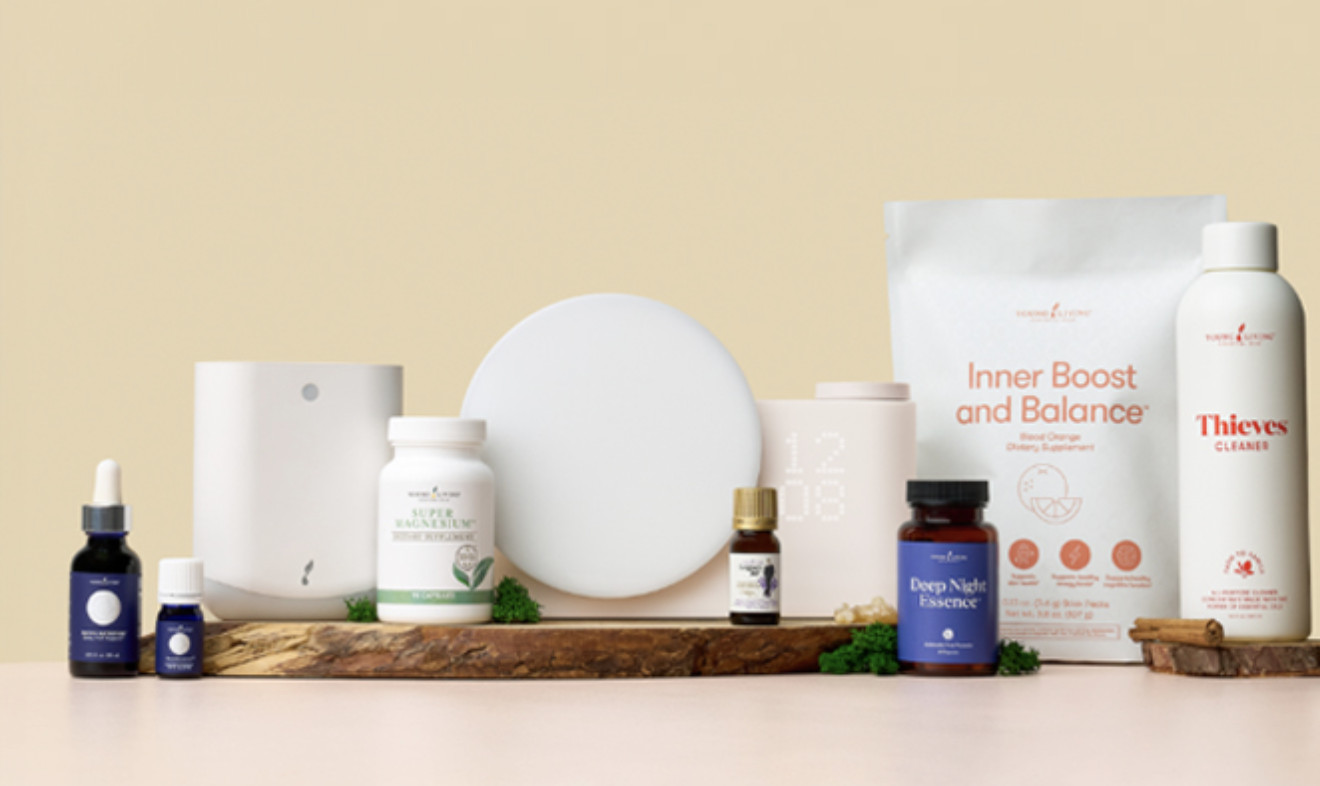
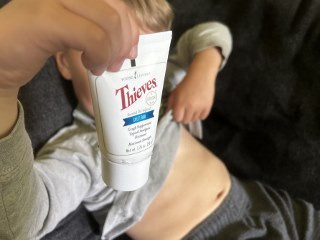
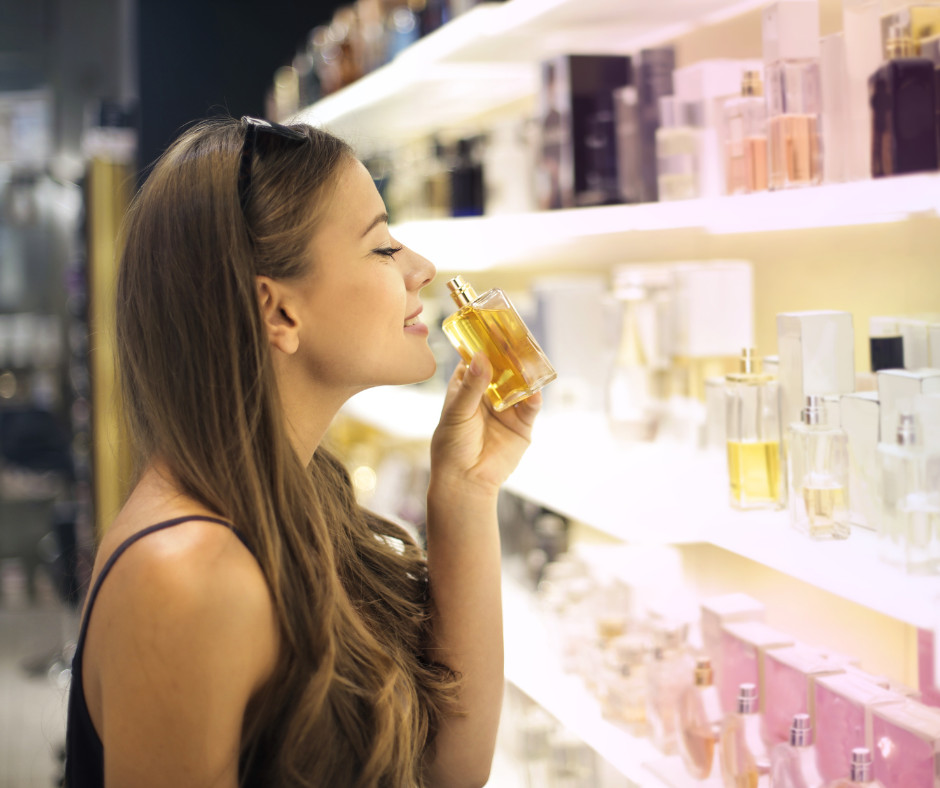
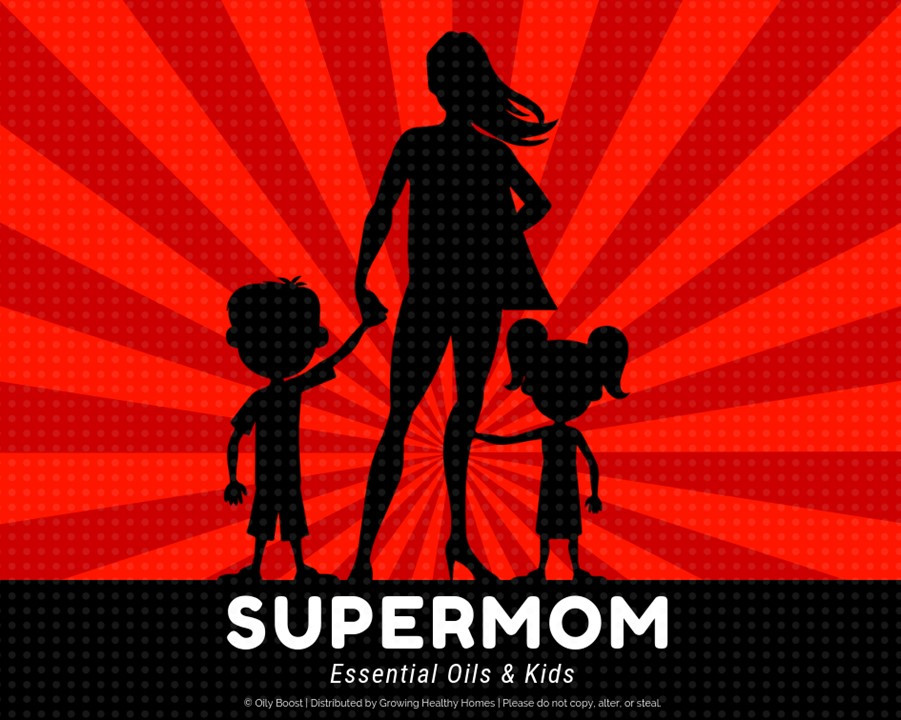


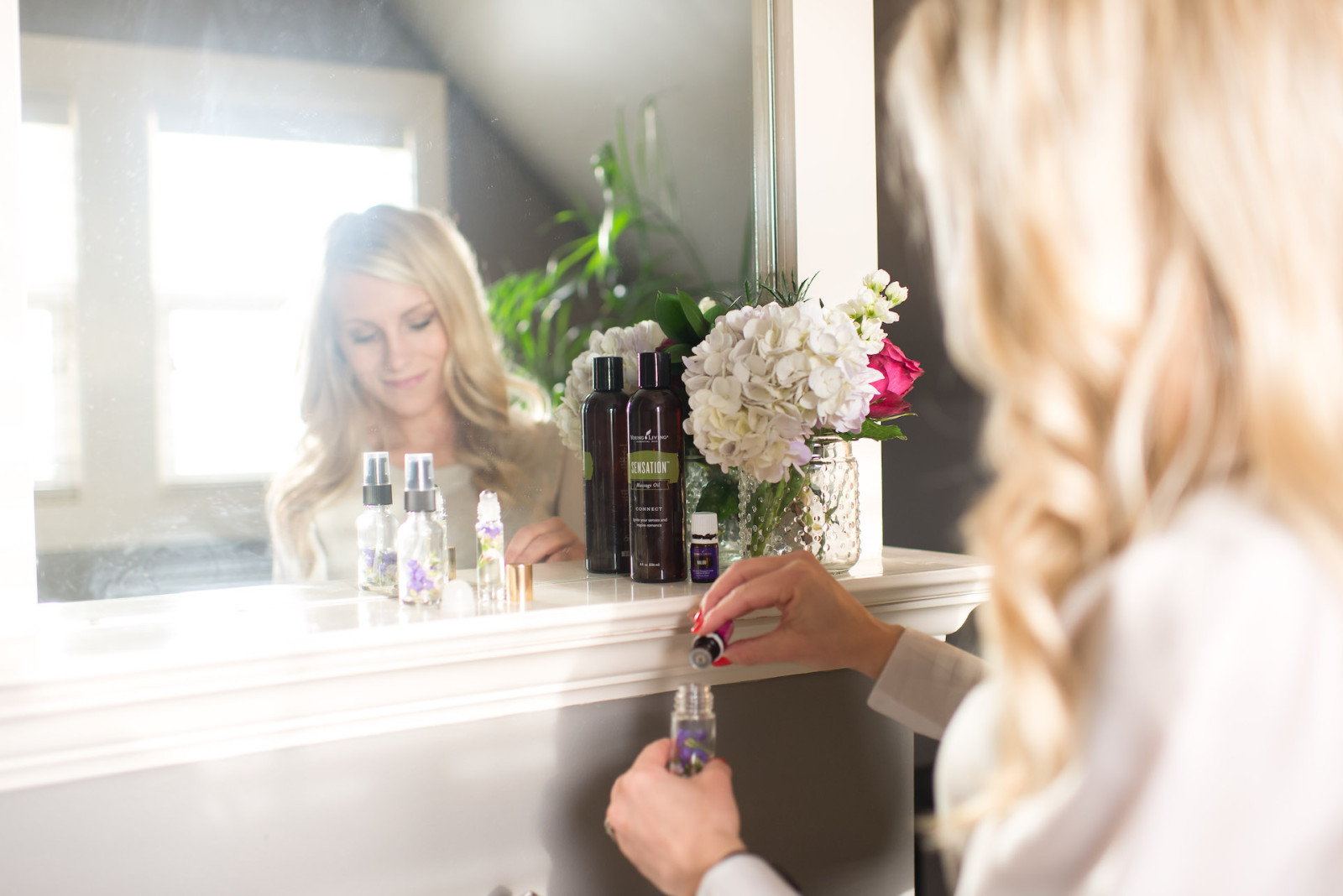
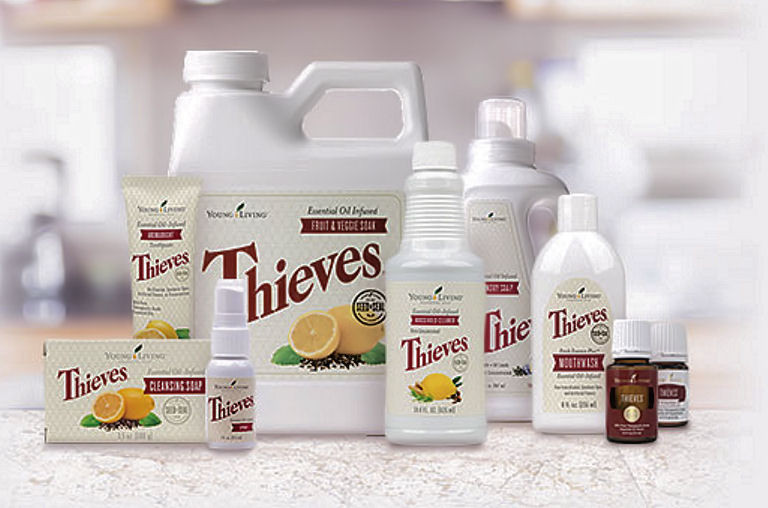
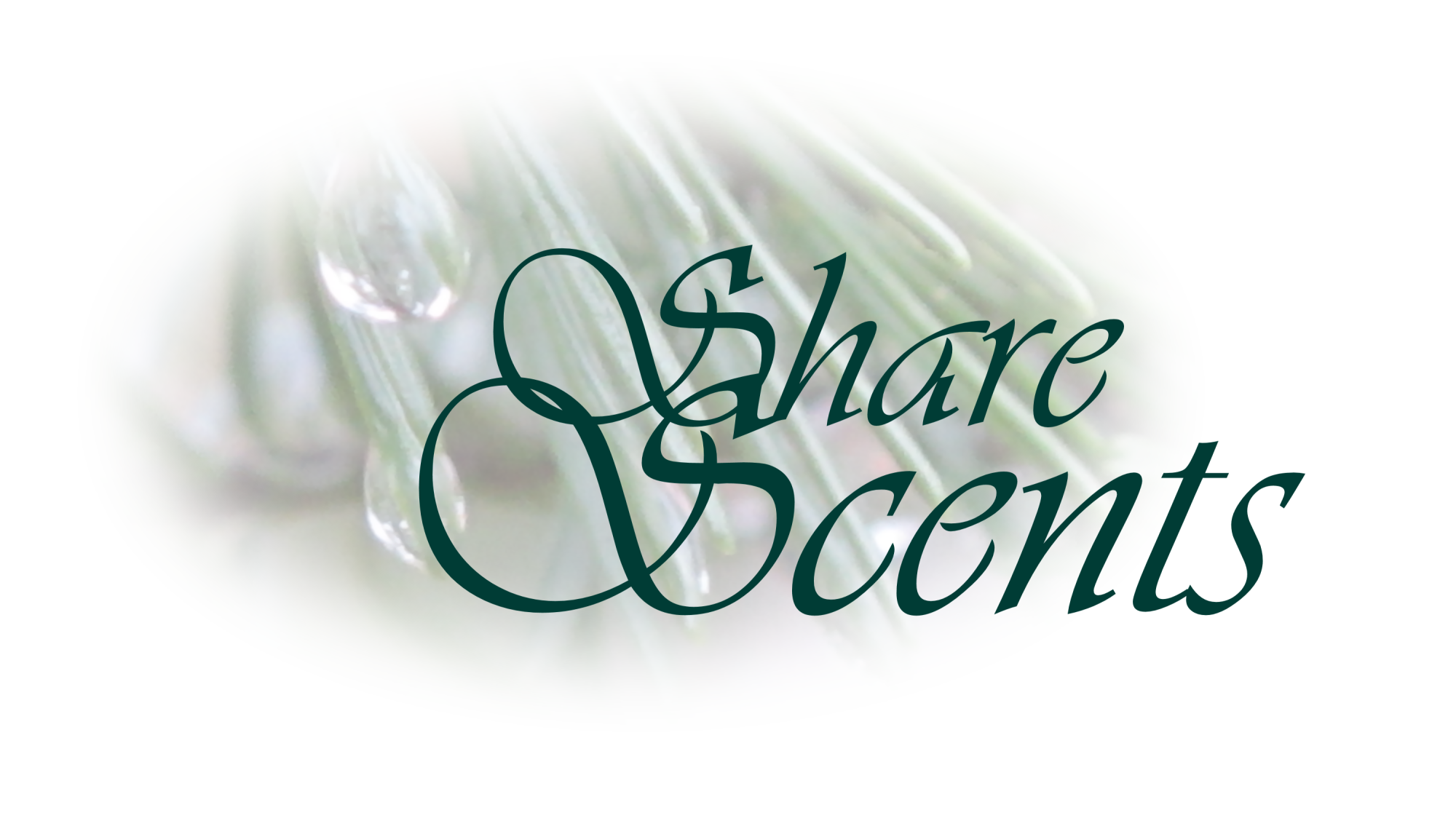

0 Comments